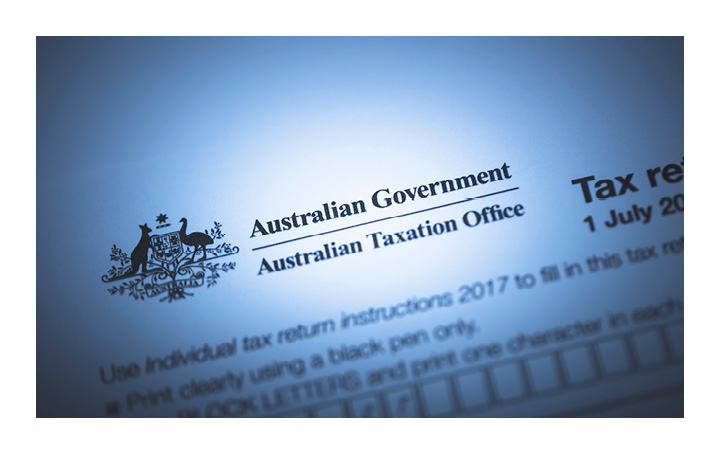[column width=”1/1″ last=”true” title=”” title_type=”single” animation=”none” implicit=”true”]
Knowing whether you’ll be entitled to the Age Pension is an important part of your retirement planning. Once you reach Age Pension age (66 years from 1 July 2019), you’ll also need to pass two tests: the assets test and income test. Here we outline the basic thresholds that apply under each test and what types of assets and income sources are included.
Assets test: If you own your own home, to qualify for the full pension your “assets” must not be worth more than $258,500 (for singles) or $387,500 (for couples). For non-homeowners, these limits are $465,500 and $594,500.
Above these thresholds, you may qualify for a reduced pension. However, your entitlement to the pension ceases if your assets are worth more than $567,250 (for single homeowners) or $853,000 (for couples). For non-homeowners, these limits are $774,250 and $1,060,000.
So, what “assets” are included? All property holdings other than your principal home count, less any debt secured against the property. There are also special rules for granny flat interests and retirement home contributions, so get advice before moving into these accommodation options.
Investments like shares, loans or cash accounts all count, as do your share in any net assets of a business you run and part of the market value of assets in companies or trusts you “control”. And once you reach Age Pension age, your superannuation is also included.
How you structure your investments could make a big difference. Be aware that if you sell your family home and put the proceeds towards another investment, that wealth will become subject to the assets test – as will any “gifts” you make in excess of $10,000 in a financial year (or more than $30,000 across five years).
Income test: If you earn up to $172 per fortnight as a single (or $304 as a couple), you can potentially receive the full pension. Above this, your pension entitlement will taper down, before ceasing at income of $2,024.40 per fortnight for singles and $3,096.40 for couples. A “Work Bonus” allows pensioners to earn up to $250 from employment per fortnight without it affecting their pension.
The income test is broad and includes any gross amounts you earn from anywhere in the world. You are also deemed to earn income at a certain rate from some financial assets, including superannuation.
For advice on the most beneficial way to approach your income from super, the Age Pension and other investments, contact us to help you achieve the best retirement outcome.
[/column]

